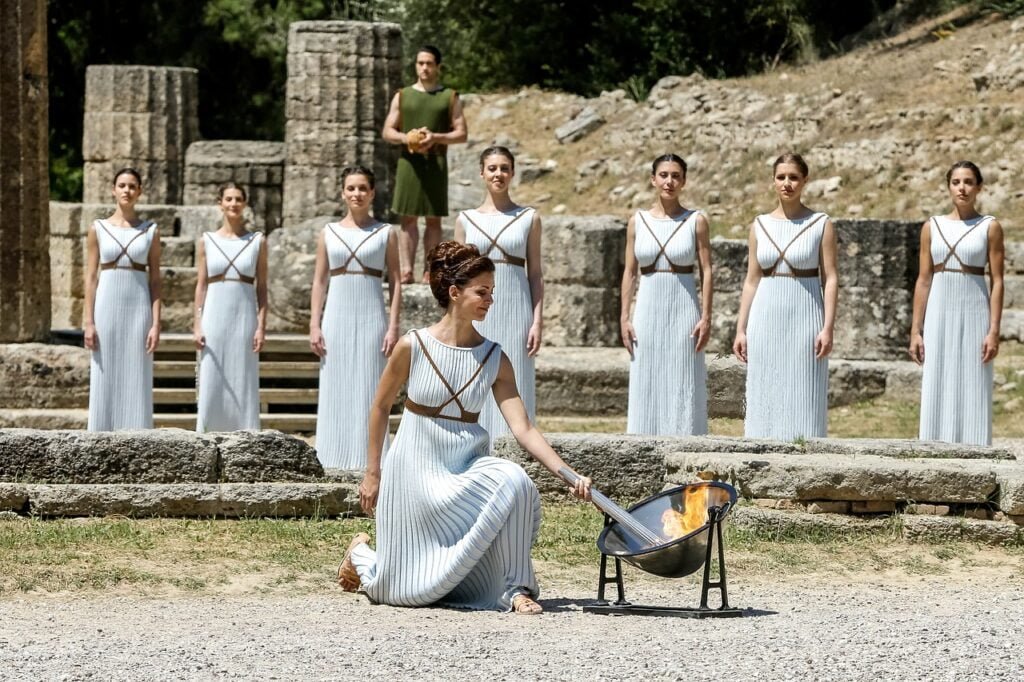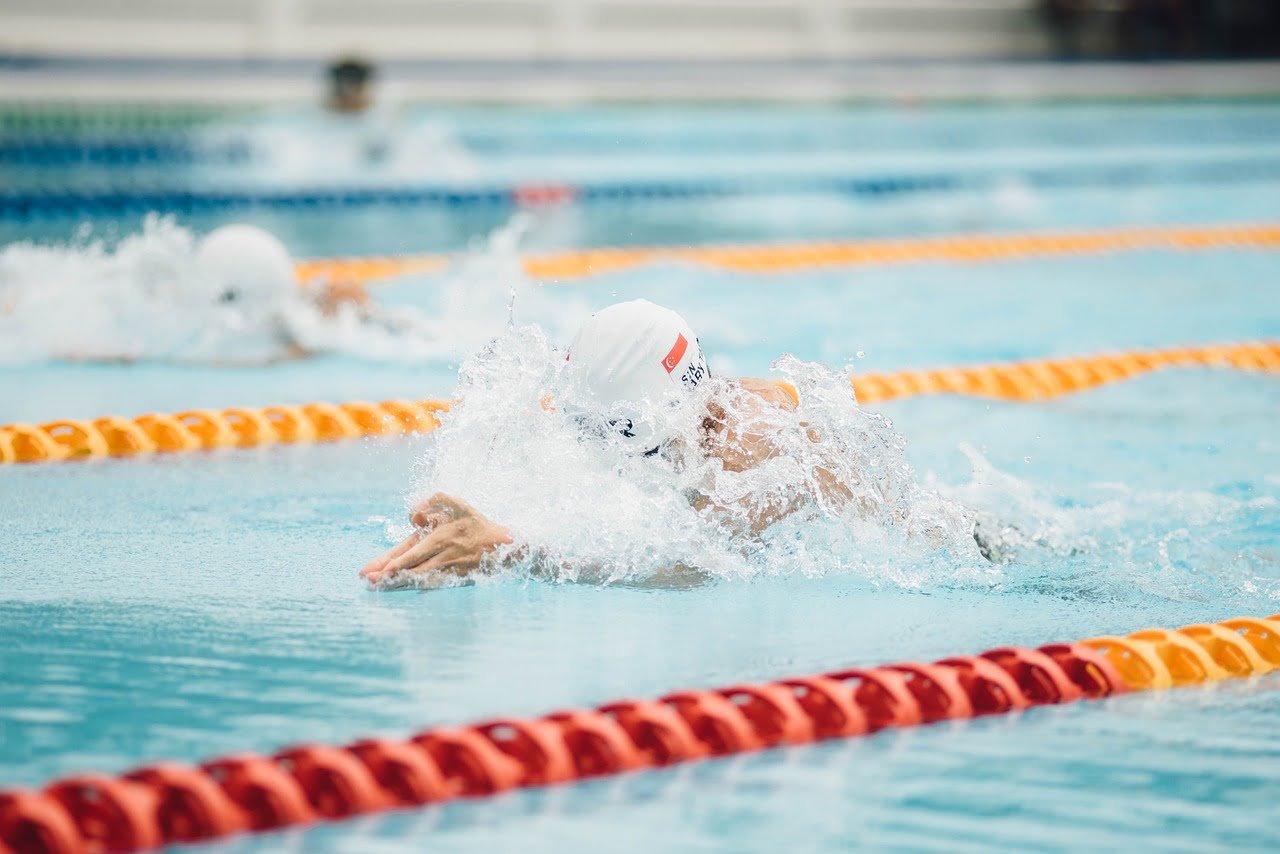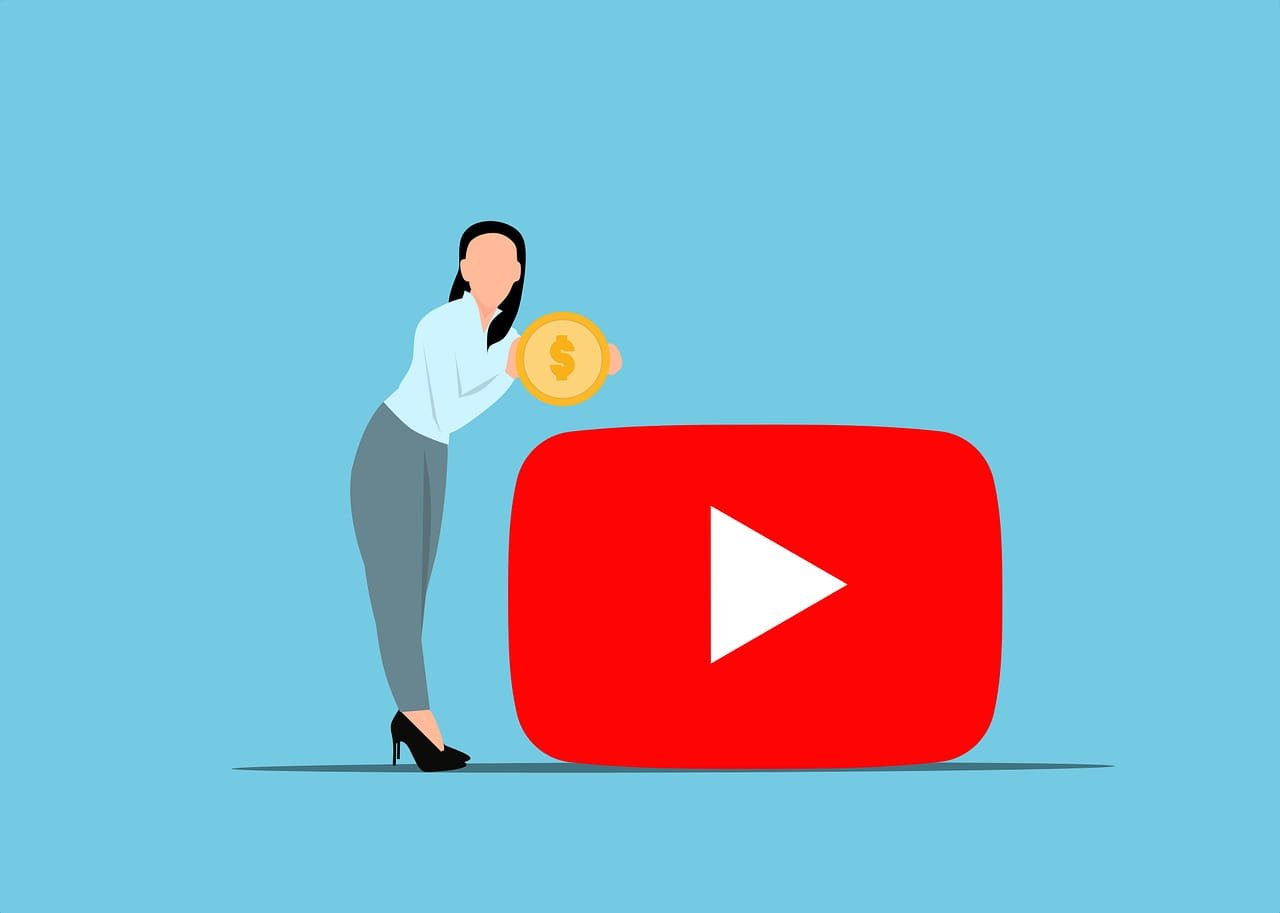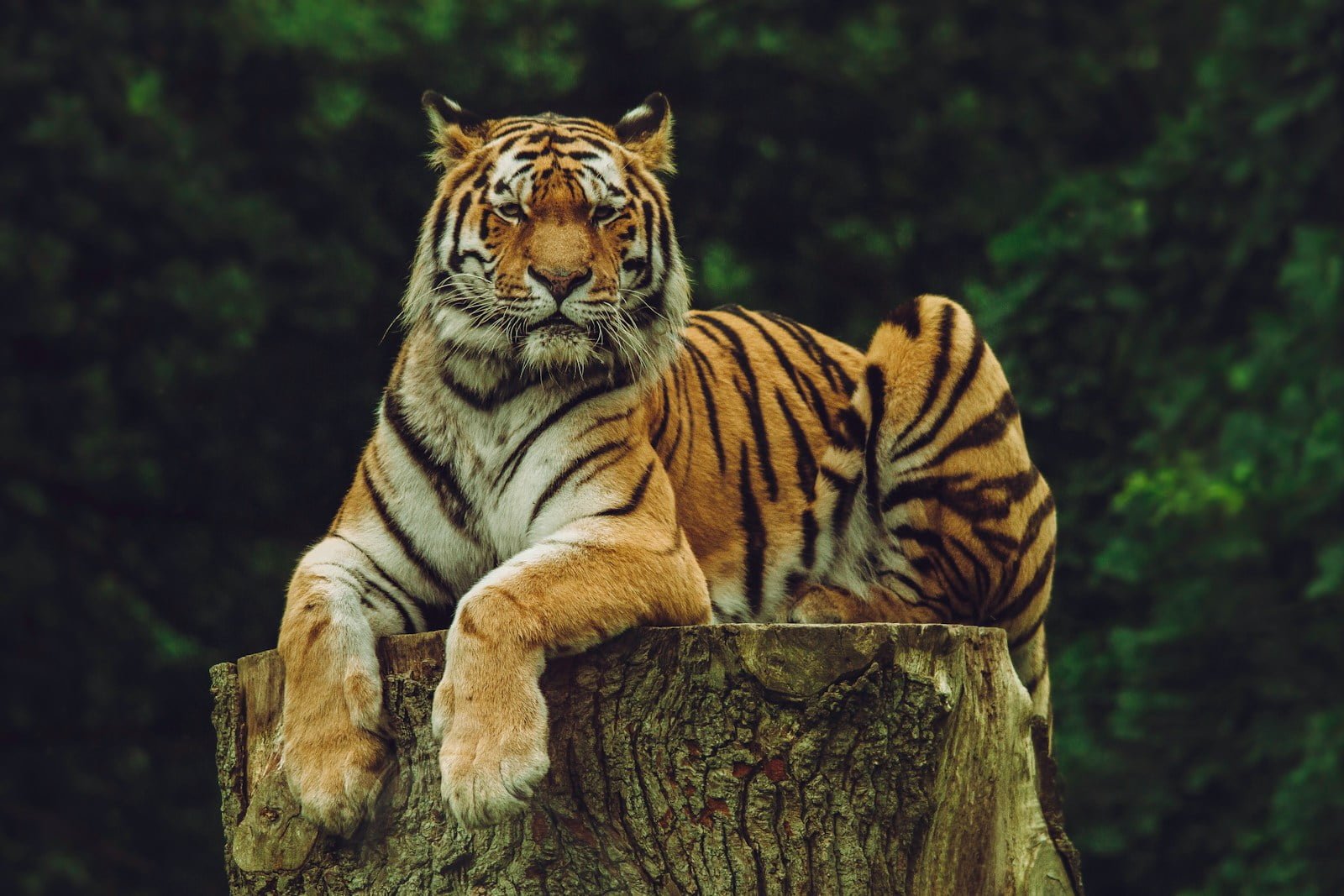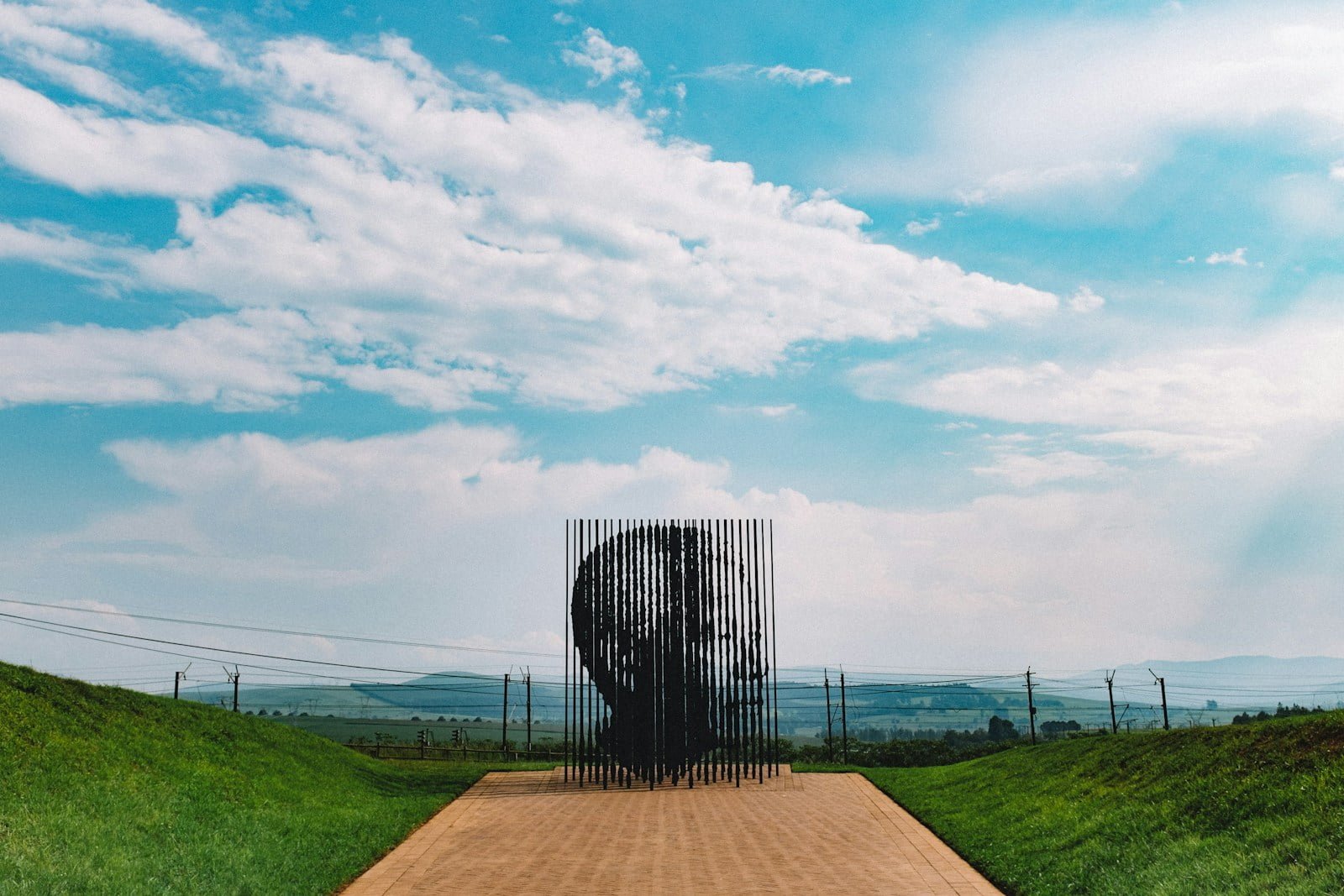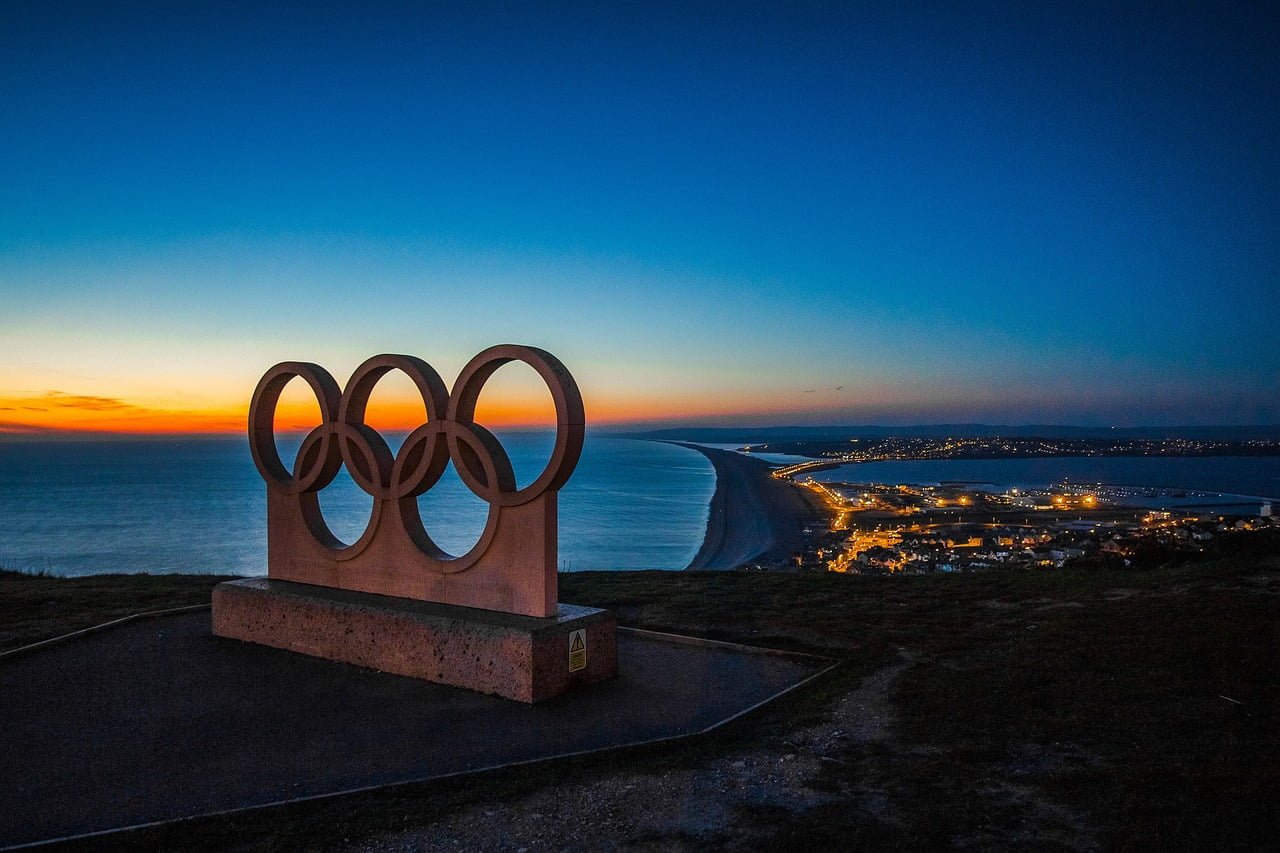
The origins of the Olympic Games trace back to 776 BCE in Ancient Greece. These Games were founded to honor Zeus and were held in Olympia, a rural sanctuary site. They transformed into the most prestigious athletic competition of the ancient world, becoming an integral part of Greek culture and religious practice.
✨🏛️✨
Table of Contents
Key Events and Athletes
In the early editions of the Olympic Games, the events were simpler and fewer in number compared to modern times. Some of the key events included:
- Stadion Race: A foot race covering the length of the stadium (approximately 192 meters). This was the only event in the first 13 iterations of the Games.
- Diaulos: A two-stade race, roughly equivalent to 384 meters.
- Pankration🥋: A no-rules combat sport resembling a mix of modern-day wrestling and boxing, requiring intense physical prowess.
One of the notable athletes was Leonidas of Rhodes, who became famous for winning twelve Olympic victories in running events over four consecutive Games (164–152 BCE). His legacy still influences the athletic world today.

Cultural Significance
The Olympic Games held profound religious significance. They were dedicated to Zeus, the king of the Olympian gods, and featured numerous rituals such as sacrifices and feasts. Additionally, the Games served as a unifying event for the often-warring Greek city-states, promoting peace and cultural integration. Athletes from various regions, including remote colonies, showcased their skills, fostering a sense of shared Greek identity.
Real-life parallels today can be seen in how global events like the modern Olympics bring diverse countries together, celebrating unity and peaceful competition.
🏆🌐🏅
The Decline and Revival
The Ancient Olympic Games faced a significant decline around the 4th century CE. This period was marked by the gradual disintegration of the Roman Empire and the increasing influence of Christianity, which viewed these pagan festivals unfavorably. The games were officially abolished by Emperor Theodosius I in 393 CE as part of broader efforts to promote Christianity.
The Influence of Christianity and the Fall of the Roman Empire
Christianity played a crucial role in the decline of the Ancient Olympics. The new religion’s emphasis on spiritual rather than physical pursuits led to the disfavor and eventual discontinuation of many traditional pagan festivals. Simultaneously, the fall of the Roman Empire destabilized the political and social structures that had supported the games for centuries.
19th Century Revival Efforts
The modern revival of the Olympic Games began in the 19th century. Alongside growing interest in Greek classical culture, various revival efforts aimed to resurrect the spirit of the ancient games. This period saw the burgeoning idea of using sports to foster international unity and peace.
Pierre de Coubertin and the Birth of the Modern Olympics
The most significant figure in the Olympic revival was Pierre de Coubertin. Inspired by the ancient games and the values of athleticism and international camaraderie, Coubertin spearheaded the establishment of the International Olympic Committee (IOC) in 1894. The first modern Olympic Games were held in Athens in 1896, marking the official rebirth of the sporting tradition.
Key Points:
- The ancient games’ decline in the 4th century CE
- The influence of Christianity and the fall of the Roman Empire
- 19th-century revival efforts and cultural Renaissance
- Pierre de Coubertin’s role in the modern Olympics’ birth
These historical transitions highlight the resilience of human culture and the enduring appeal of athletic competition. The Olympics have indeed come a long way from their ancient origins, capturing the world’s imagination once again.
Modern Olympics: The Early Years
The inaugural modern Olympic Games were held in Athens, Greece, in 1896. These games marked the revival of the ancient Olympic tradition with a modern twist. They were organized by the International Olympic Committee (IOC), founded by Pierre de Coubertin. With participants from 14 countries, the Athens games featured nine sports, including athletics, cycling, fencing, and gymnastics. 🏅
Key Figures and Early Innovations
Pierre de Coubertin is often regarded as the father of the modern Olympics. Another significant figure was James Brendan Connolly of the United States, who became the first modern Olympic champion by winning the triple jump. Innovations such as the introduction of the marathon race, inspired by the ancient Greek legend of Pheidippides, were also prominent. 🏃♂️
| Event | Gold Medalist |
|---|---|
| Triple Jump | James Brendan Connolly |
| Marathon | Spyridon Louis |
Expansion and Growth: Early 20th Century
The early 20th century saw the Olympics grow rapidly in both scale and scope. The 1900 Paris Games introduced several new sports including rowing and golf. By the 1908 London Games, the number of participating nations had increased significantly, demonstrating the Olympics’ expanding global appeal.
📝 Key Innovations:
- Introduction of the marathon in 1896
- First appearance of women in the Olympics in 1900 (Paris)
- Inauguration of the Winter Games in 1924 (Chamonix)
Real-life stories of athletes like Spyridon Louis, a Greek water carrier who won the first marathon, and Hélène de Pourtalès, the first female Olympic medallist, make early Olympic history truly inspiring. 🚀
Olympics in the 20th Century
The 20th century Olympics were deeply influenced by the major global conflicts of the time, particularly the two World Wars. The 1916, 1940, and 1944 games were all canceled due to the wars. Nations were split, resources were directed towards war efforts, and athletes were drafted to serve their countries. The post-WWI and post-WWII games saw a resurgence of international camaraderie and competitive spirit.
Cold War Era
The Olympics during the Cold War were more than just sporting events; they were stages for political demonstrations and ideological confrontations. The Berlin Olympics in 1936, held under Nazi regime, was rife with political undertones. 💂♂️ In 1980, the U.S. led a boycott of the Moscow Olympics to protest the Soviet invasion of Afghanistan, with more than 60 countries joining. In retaliation, the Soviet Union and its allies boycotted the 1984 Los Angeles Olympics. These tensions underscored the Olympic motto, ‘Faster, Higher, Stronger,’ as not only an athletic creed but also a political statement.
Significant Games and Memorable Moments
Despite the political tensions, the 20th century Olympics are filled with remarkable achievements:
- 1936 Berlin: Jesse Owens – The American athlete won four gold medals, debunking Hitler’s ideology of Aryan supremacy. 🏅
- 1968 Mexico City: Black Power Salute – Tommie Smith and John Carlos raised gloved fists during the medal ceremony, making a powerful statement for civil rights.
- 1972 Munich: Tragedy – The games were overshadowed by the Munich massacre, where 11 Israeli athletes were taken hostage and killed by terrorists.
- 1980 Moscow & 1984 Los Angeles: Boycotts – These games were marked more by who wasn’t there than who competed due to the aforementioned political boycotts.
The Legacy of the 20th Century Olympics
The 20th-century Olympics demonstrated the resilience of the human spirit amidst adversities. From dramatic political standoffs to groundbreaking athletic feats, the games brought the world together in ways few other events could. The legacy of these historic moments continues to inspire athletes and fans worldwide, reminding us that even in times of conflict, the pursuit of excellence and unity can prevail. 🌍

Olympics in the 21st Century
The 21st century has witnessed a significant transformation in the Olympic Games thanks to technological advancements. From high-definition broadcasting to mobile apps that make it easy to follow events, technology has enhanced the spectator experience. Notably, the 2020 Tokyo Olympics introduced sports like skateboarding and surfing, appealing to a younger audience. This diversification is crucial in keeping the games relevant and exciting.
The Role of the Olympics in Promoting Global Unity
The Olympics have always been more than just a sporting event; they serve as a platform for promoting global unity. Athletes from countries in conflict come together, setting aside differences to compete on an equal footing. The 2008 Beijing Olympics, for instance, saw athletes from North and South Korea march together under a unified flag, sending a powerful message of peace and harmony.
Challenges and Controversies
Despite its noble goals, the Olympic Games have faced several challenges and controversies in the 21st century. The 2016 Rio Olympics, for example, were marred by issues like pollution, political instability, and economic crisis. Similarly, the question of doping remains a significant concern, with several high-profile cases tarnishing the event’s reputation.
Sustainability and Future Directions
Sustainability has become a key focus for the Olympic Committee. The 2024 Paris Olympics aims to be the first ‘climate-positive’ games, leveraging renewable energy sources and sustainable materials. This reflects a growing awareness of environmental issues and sets a precedent for future hosts.
Overall, the 21st-century Olympics have embraced change, adapting to new technologies and societal shifts. They’re more than a sporting event; they are a symbol of global unity and a platform for addressing contemporary challenges.
The Innovation in Technology and Trends
The Olympic Games have always been a platform showcasing human excellence and cutting-edge technology. Innovations like VR broadcasting, AI-augmented training, and wearable tech are becoming prevalent. For example, in the Tokyo 2020 Olympics, AI helped athletes optimize their performance by analyzing their training progress. These advancements are making the games more interactive and engaging for both participants and viewers.
Sustainability and Environmental Concerns
With the growing emphasis on sustainability, the Olympics are also adapting greener practices. Recent games have focused on minimizing carbon footprints by using renewable energy sources, recycling waste, and constructing eco-friendly infrastructure. For instance, the Tokyo 2020 Olympics aimed to be the greenest games ever by using medals made from recycled electronics and implementing energy-efficient venues.
The Evolving Role of the Games in a Globalized World
The role of the Olympics is expanding in a rapidly globalizing world. Besides being a sporting event, it promotes cultural exchange and unity. The International Olympic Committee (IOC) emphasizes inclusivity by adding diverse sports and hosting the games in various countries. For example, the inclusion of sports like skateboarding and surfing in the Tokyo 2020 Olympics reflects this evolving role.
What the Future Holds
Looking ahead, the future of the Olympics is set to be more inclusive, innovative, and sustainable. Here are some potential developments:
- Enhanced Virtual Reality experiences for viewers.
- Increased focus on gender equality and inclusiveness in sports categories.
- Greater emphasis on renewable resources for hosting events.
The future of the Olympics is promising, marked by technological advances, a commitment to sustainability, and a dedication to fostering global unity.
FAQs
What were the original events in the ancient Olympic Games?
The ancient Olympic Games featured a variety of events including running races, wrestling, boxing, chariot racing, and the pentathlon, which consisted of five events: running, long jump, discus throw, javelin throw, and wrestling.
When and where did the first Olympic Games take place?
The first recorded Olympic Games took place in 776 BCE in Olympia, Greece. They were held every four years in honor of Zeus, the king of the Greek gods.
Who was Pierre de Coubertin and what was his role in the modern Olympics?
Pierre de Coubertin was a French educator and historian who is credited with founding the modern Olympic Games. He established the International Olympic Committee (IOC) in 1894, leading to the revival of the Games in 1896 in Athens.
Why did the ancient Olympic Games come to an end?
The ancient Olympic Games declined after the Roman Empire adopted Christianity as its state religion. Emperor Theodosius I banned pagan festivals, including the Olympics, in 393 CE, leading to their cessation.
What are some significant changes introduced in the modern Olympics?
Significant changes in the modern Olympics include the introduction of new sports, the inclusion of women athletes, the expansion to a global audience, and technological advancements such as live broadcasting and electronic scoring systems.
How are the host cities selected for the Olympic Games?
Host cities are selected through a bidding process organized by the International Olympic Committee (IOC). Cities submit detailed proposals, and IOC members vote to determine the location for future Games based on criteria such as infrastructure, security, and the legacy impact.

